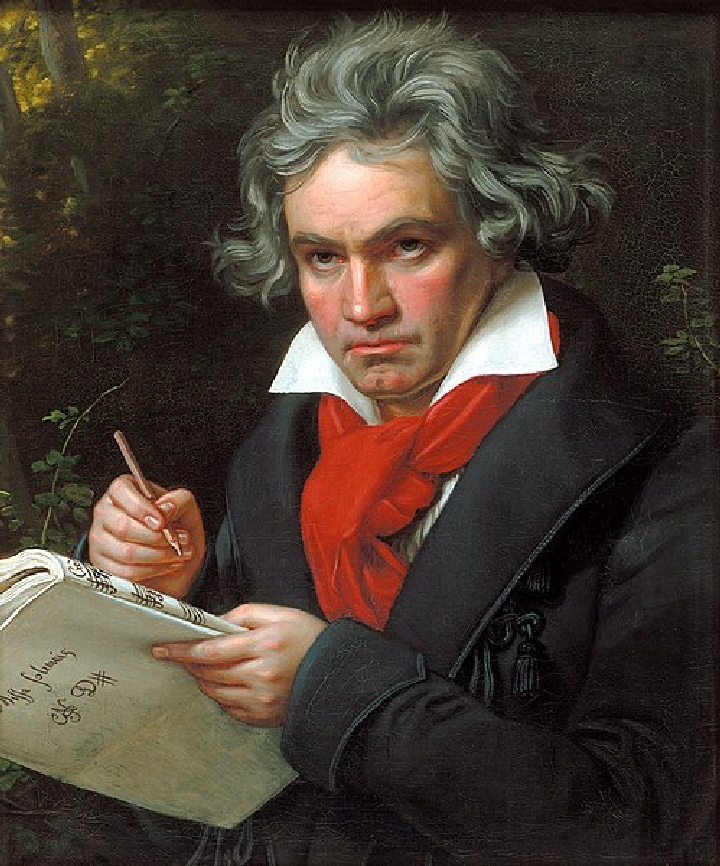Fall 2011
Beethoven's Secret
Even when everything seems to have been said, Beethoven’s music will speak to a listener anew.
The enduring appeal of Ludwig van Beethoven (1770–1827) is something of a mystery. Unlike Mozart and Wagner, Beethoven didn’t produce much music for the stage, which offers narrative and direction that keep music scholars busy and provide enjoyable distractions for unpracticed audiences. He wrote only one opera, while Wagner composed 13. In fact, much of Beethoven’s canon is labeled as “absolute” music, possessing no narrative or extramusical intent.
To Leon Botstein, a music historian and the president of Bard College, this characterization of Beethoven’s oeuvre is not entirely convincing. One of the reasons Beethoven’s work remains so popular, Botstein says, is that the German composer “defied the later reductive separation of program music”—work intended to produce a set of feelings or complement a story—“from absolute music.” Some of Beethoven’s pieces do contain hints of narrative, ideas, and emotions, even while they lack text. After Beethoven died, his simply titled Piano Sonata no. 14 became informally known as “Moonlight Sonata” for a reason, Botstein points out.
Even though Wagner and others are better known for the practice, Beethoven also used standard musical techniques to give his work emotional depth; for example, he conveyed intensity by alternating between fast and slow tempos in the opening movement of the Fifth Symphony. In his melancholy piano sonatas he used slow tempos to set the mood. These pieces allow even the novice listener to feel that the music is “about something,” that it can be construed to “tell a compelling story and make some sort of argument.”
The works Beethoven composed at the end of his life, such as the Ninth Symphony, are more abstract, Botstein concedes. But they earned him a starring role in the evolution of music. Those compositions served as a touchstone for later composers and musicologists, including Theodor Adorno and the members of the influential Second Viennese School of the early 20th century. These modernist pioneers prized the “audible transparency, spirituality, and formal inventiveness” of Beethoven’s late work, seeing in it an alternative to the Romanticism that dominated the 19th century. “Late Beethoven became an icon of the power of music to be philosophically and spiritually profound,” Botstein says.
Interest in Beethoven continues exactly because his music “conveys meaning to a wide range of listeners”—from the first- time concertgoer to professional music theorists. Even when everything seems to have been said, Beethoven’s music will speak to a listener anew.
THE SOURCE: “Why Beethoven?” by Leon Botstein, in The Musical Quarterly, Fall–Winter 2010.
Photo courtesy of Wikimedia Commons
